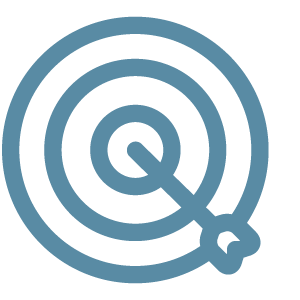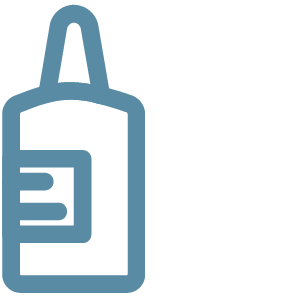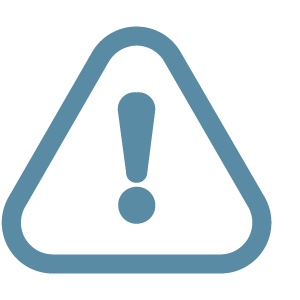
To generate new skin cells whilst shedding old, acne affected skin cells

Dry skin, skin irritation, skin peeling, nosebleeds, headaches, sun sensitivity, general pain, depression (rare), anxiety (rare) and changes in mood (rare). Speak to your healthcare provider for full details

Cannot be used if you are pregnant. Should not be used if you have pre-existing mental health conditions. Causes skin sensitivity to sunlight. Speak to your healthcare provider for full details
Retinoids are a class of acne treatments that are available only on prescription from your doctor. They are derived from vitamin A and work in the same way as retinols, although they are significantly stronger and tend to be more effective in the treatment of acne.
Retinoids come in the form of topical treatments, which are applied directly to the skin, and oral capsules. Well known retinoids include tretinoin, adapalene and isotretinoin, the oral form of isotretinoin often being known by the brand name of Roaccutane. Common prescriptions of retinoids come in concentrations of 0.1% to 1% in topical treatments and 0.5-1mg per kilogram of patient weight in oral treatments.
Retinoids work by promoting the growth of new skin cells whilst breaking down dead skin cells and other debris that may be trapped in the hair follicle. They also work to regulate the amount of keratin being produced by your skin as well as the amount of oil being produced by your skin’s oil glands. This reduction of keratin and oil prevents dead skin cells from sticking together and forming acne-causing blockages.
In addition, retinoids can regulate skin tone and reduce the red, purple and brown colouring that acne can leave on the skin. They also work as an anti-inflammatory and can reduce the swelling and redness associated with acne.
Retinoids, in particularly oral retinoids, can have rare but serious side effects. There is a potential link between anxiety, depression, anger, mood changes and retinoid use. You should not use retinoids if you have any pre-existing mental health conditions and you should stop treatment and seek medical help immediately if you begin to experience any of the symptoms outlined above.
More common side effects of retinoids are dry, irritated and peeling skin, headaches, nosebleeds and general pains. Retinoids can also make you more sensitive to the sun and you should use a non-oily sunscreen daily whilst undergoing treatment. You must not take retinoids if you are pregnant. You must also inform your doctor if you are taking any other form of acne treatment before you can use retinoids. This list of side effects and warnings is not exhaustive, so be sure to speak to your doctor and see product details for the full risks and warnings.
As with most acne treatments, retinoids take time to work. Many people who take retinoids find that their acne symptoms worsen in the first week or so before getting better. To reduce the risk of an outbreak occurring it is advisable to begin an exfoliation treatment prior to starting retinoid treatment.
Retinoids often work better when combined with other forms of acne treatment, such as benzoyl peroxide. You must speak to your doctor before you start any combined treatment approaches.
After commencing retinoid treatment you should allow for 12 weeks of use before determining with your doctor whether or not retinoid treatment has worked for you. Once your acne has healed, you should discuss with your doctor or healthcare provider if you should keep using topical retinoid treatments after your acne has healed and, if so, how long for. Oral retinoid treatments are not commonly used as a preventative measure for acne.
Treatments that contain retinoids can be used as part of a wider acne treatment regime. These regimes involve using acne treatments and sometimes other products in an organised way with the aim of maximising the treatment’s effectiveness. It is important to remember that not all acne treatments can be used safely together and that you should seek the advice of your pharmacist or healthcare provider before starting or combining any treatments. Click here for an example of an acne treatment regime.
Prescribed acne treatments are likely to be more effective against severe acne. That is acne that consists of many lesions covering an area, with cysts and nodules being present, and is often scarring. If you have acne that has lasted for several weeks and is getting worse, is leaving scars or is affecting your mental health then you should arrange to visit your GP for treatment.